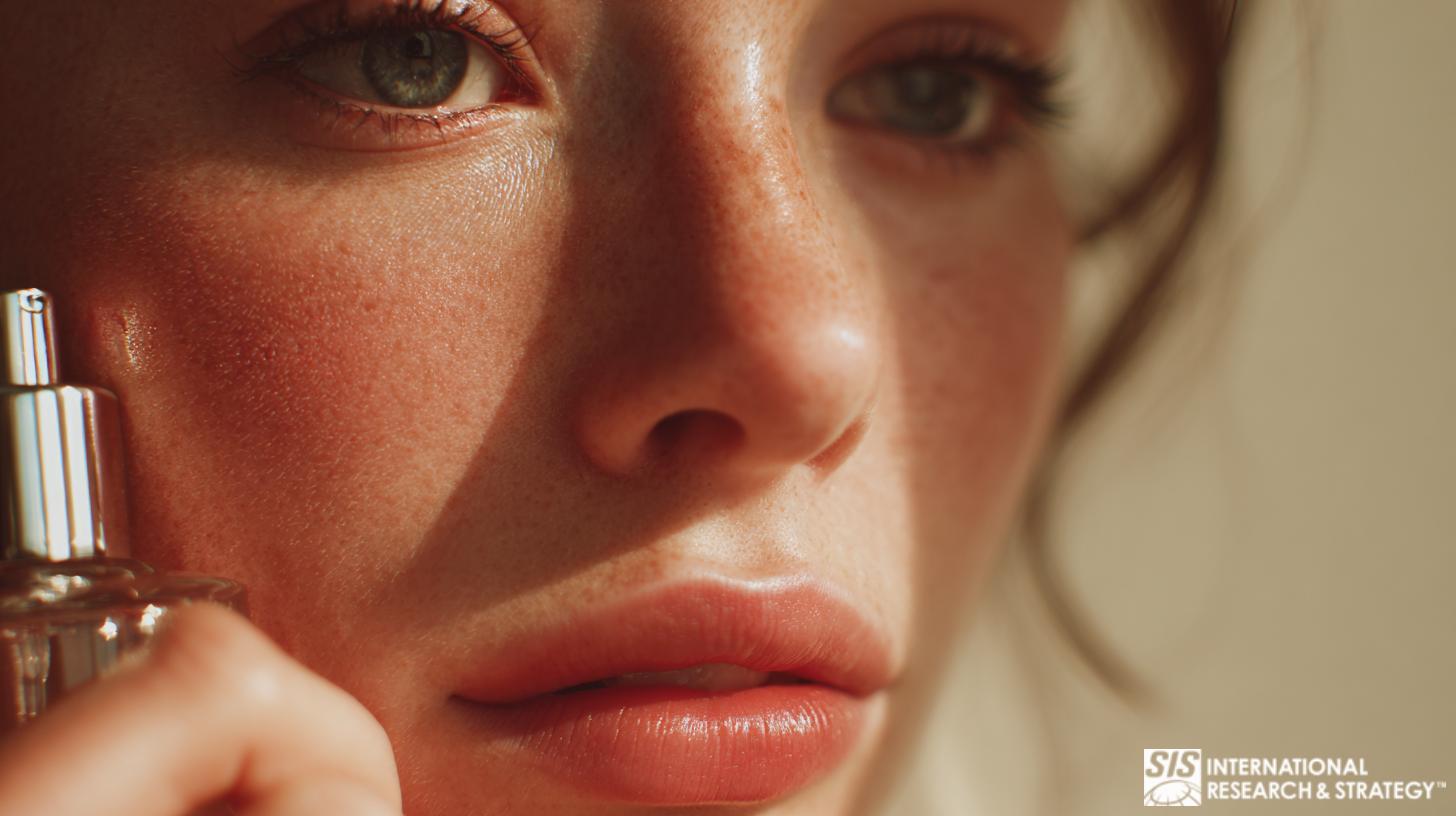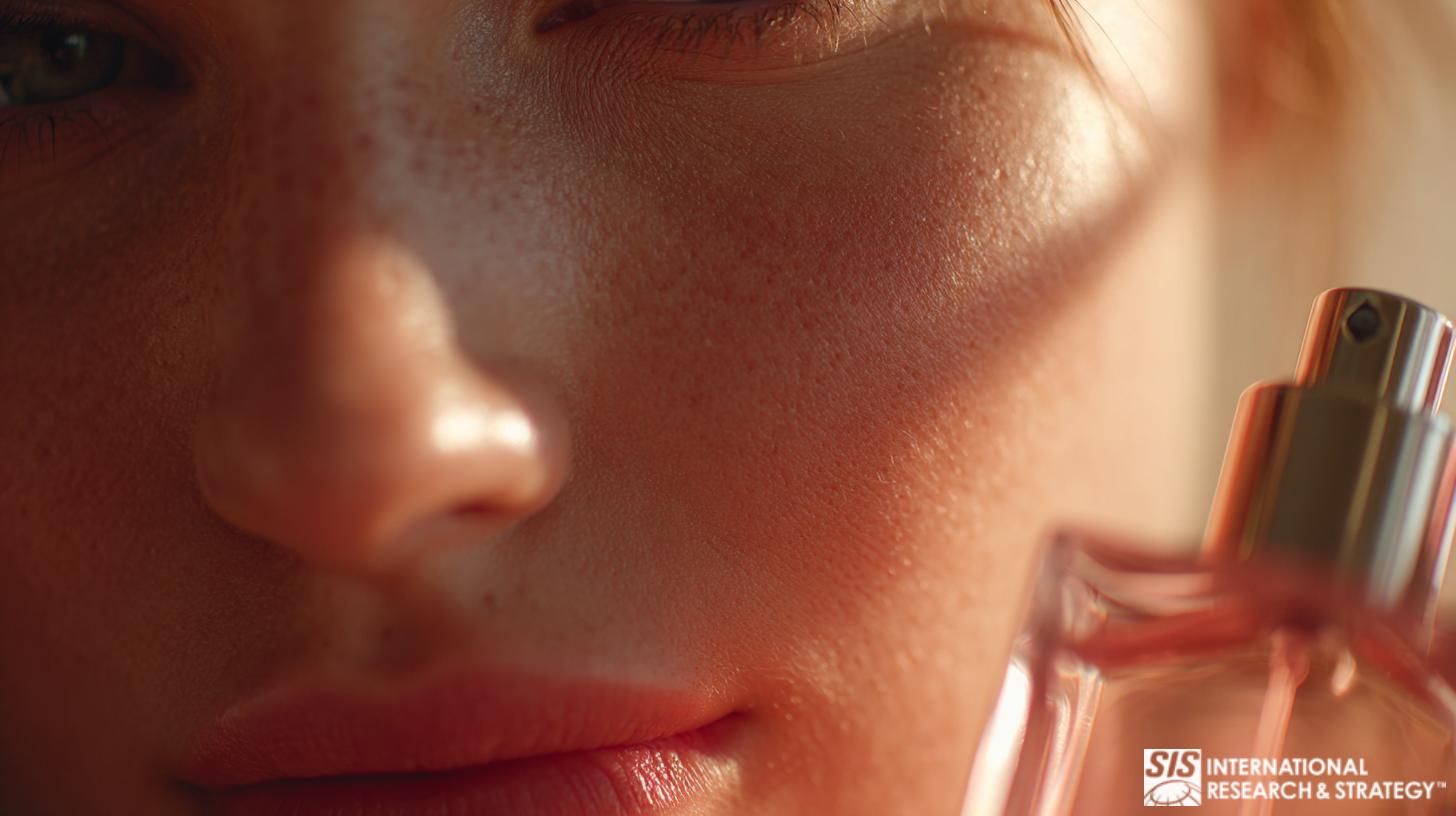
美丽意味着生意。
Cosmetics are often considered a “low-involvement” product, meaning customers often spend little effort choosing between different products. In an age of cosmetic conglomerates rapidly reverse-engineering products, companies are finding that an emotional connection can be an effective way to build brand loyalty. Loyalty is important because it can lower customer acquisition costs, which can be high in the beauty market.
We conducted ethnography with women aged 18-22 for a major global cosmetics company.
We shadowed women who used cosmetics daily and spent a considerable amount of money per week on cosmetics in order to understand their daily routines, shopping habits, and customer needs regarding cosmetics. The findings were fascinating and indicated that women mostly used cosmetics to satisfy functional needs, such as concealing blemishes and oily skin. But the research also found a large opportunity to capture the emotional benefits of the product, such as bonding with other women.
Make up was an art satisfying needs for control, fun, self-expression, and confidence
Beyond the functional uses for cosmetics, an emotional connection emerges when both functionality and a positive usage experience are satisfied. Make-up is overwhelmingly intertwined with social dynamics. Friends are often “influencers.” Marketers need to treat friends as important influencers in the purchasing process, just as a cereal company considers children as influencers in the purchasing decisions of their parents. Even though cosmetic addicts may “cheat on” their favorite product in euphoric shopping experiences, they consistently come back to products with which they have emotional connections.
美容营销人员的机会:
- 将化妆品定位为“社交”化妆品,使品牌与女性与朋友相处的积极联想联系起来
- 将社交元素融入到交流中可能有助于与睫毛膏等低参与度化妆品建立情感联系
- 建立与朋友相处的积极情绪的交集
- 围绕产品创造独特的社交体验,例如派对和女孩联谊



